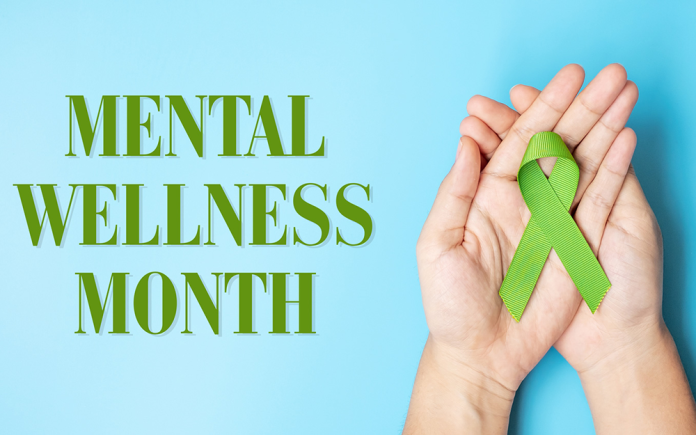
By Fire Chief Sam DiGiovanna
Mental illness is common in the United States, ranging from mild to severe. Nearly one in five U.S. adults experience mental illness each year and mental illness is growing according to Fire Chief Sam DiGiovanna.
Ask yourself this question: How many people are in your family? How many people do you work with? What about running to the grocery store, dinner, mall or movies? How many are around you? Get the point?
Depression, anxiety, bipolar disorder, and addictive behaviors are among the most common mental illnesses. While many of these have biological components, lifestyle plays a big role as well. Day to day, we face a lot of stress, and it can take a mental toll. Some studies have shown various signs associated with mental illness, including but not limited to:
- Anger, irritabilityand aggressiveness
- Anxiety
- Post-traumatic stress
- Depression
- Sleep disorders
- Substance abuse
Many avoid or admit they have a mental health issue for fear of being ridiculed, an outcast, or simply in denial. There are ways to find help, even with confidentially. Let’s look at a few:
- Your work EAP at work or insurance likely offers 24/7 help lines or immediately accessible resources that serve this need.
- Community health services.Many communities offer mental health services. You’ll need to do your research, however it’s worth the time spent.
- One of the biggest reasons we don’t access mental health resources is the belief that our supervisor, HR Dept. or loved ones will be aware of it and that it can hurt a career, relationship or placed on medical leave. It’s critical that your workplace or insurance guarantee confidentiality (it will likely take time to build trust that the services are, indeed, confidential).
- One size doesn’t fit all. The mental health services offered should reflect the culture and needs of the issues you are dealing with. Make sure you find the right licensed qualified therapist, counselor, or psychologist.
- Go to your local congregation. They offer services, counseling or can help direct you.
With a statistic like one-in-five, it’s a good bet someone in your circle of life, or organization needs help. Many more will need help in the future. It might even be you. What are you doing to take a stand for mental health?
Again, there are plenty of resources available, take advantage of them and make 2024 the best year for yourself. It’s not as hard as you think!











































